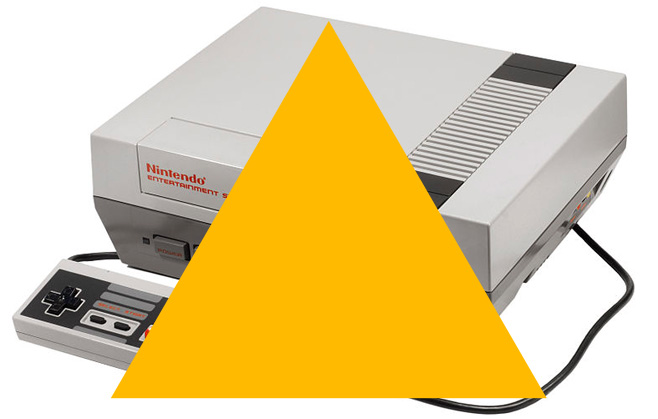
Is console gaming on the decline?
The news that Nintendo has recorded its first annual loss in over a century has come as somewhat of a shock to some of us here at The Practice.
Much of this is down to the failed launch of its ‘relatively’ new handheld device, the Nintendo 3DS. The 3DS was released in Japan on February 26, 2011. Nintendo continued throughout 2011 to roll out the console globally. On July 28, 2011, Nintendo announced a major price drop starting August 12 and the device had a net loss of $530 Million. If a gaming company as stable as Nintendo has been throughout its history can falter, it begs the question, are we seeing the decline of console gaming, and if so, why?
It is of course difficult to argue that console gaming is in the decline when we are seeing the likes of ‘Call of Duty’ breaking all sorts of records. But as consoles cost more and more to make, they have a greater cover to cost on each console and sad to say, many people who buy consoles simply don’t purchase many games.
This generation of console gaming has been a mixed bag of tricks. We have seen a number of great innovations including the motion controls of the Nintendo Wii, Xbox Kinect and the Playstation Move. There have also been some stunning games including the Mass Effect series, Bioshock, Red Dead Redemption, the Uncharted franchise, Gears of War and Skyrim to name but a few. On the other hand, there have been some real corkers. Many hardcore gamers feel that the market is becoming diluted with casual games (largely due to the success of the Wii) and many new games seem to be sequels and there is a lack of original IP. Furthermore, we don’t ever remember consoles being so unreliable. The early days of the Xbox 360 and PS3 saw countless numbers returned to the manufacturer for red and yellow lights of death, no doubt to the detriment of both the company who had to absorb the cost and the customer who had to wait for a repair or replacement.
Broken machinery is nothing new in the electronics business and is certainly not responsible for its perceived decline. Others may point to the rise of mobile gaming. John Schappert, the former COO of EA has argued that traditional gaming is being put under pressure by the more casual mobile gaming, (see article at www.computerandvideogames.com). Is he right? Well the price of a mobile game in comparison to its heftier, more graphically intensive console cousin is merely a fraction, an attraction for many of those who only want to spend a short amount of time exercising their fingers. There is also a case to argue that many of us simply don’t have the time anymore to sit down for hours on end playing video games in front of the TV and it ceases to become a smart investment.
Here at The Practice, we’re not that cynical. While many of the factors mentioned certainly play a part, the decline in console sales of late should be attributed to a far more obvious reason. Its simply time to move on and revolutionise the industry. Nintendo has already made moves towards this by announcing their Wii U, which boasts far greater graphics power than its predecessor. While Sony and Microsoft have likely been in the planning and possibly pre-production stage of their next consoles for sometime, we feel its time to announce them.
Despite the reduction in the amount of time we may have, and the competition posed by mobile gaming, there will always be room for consoles, just has there was with the introduction of handhelds. Ultimately the console industry needs to generate a little bit of a buzz around it again, as a result we (the gaming enthusiasts amongst us that is) are positive that the industry will be back on track in no time!




